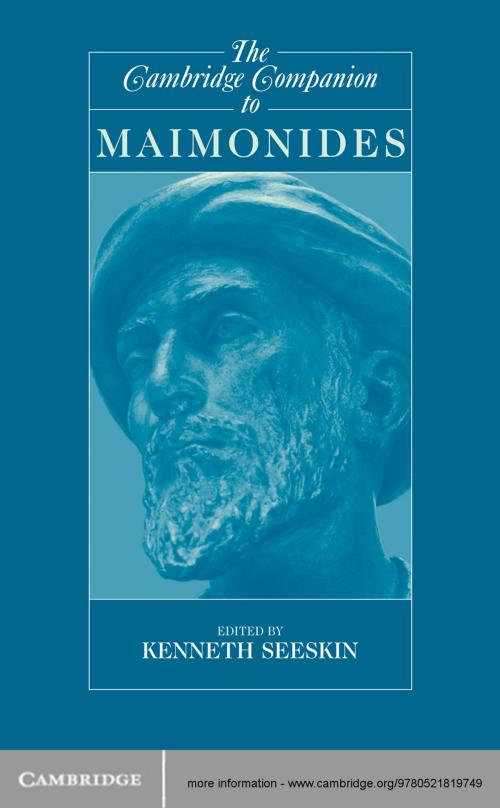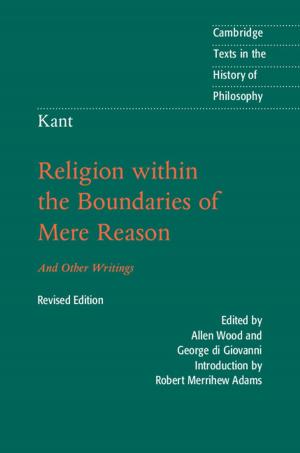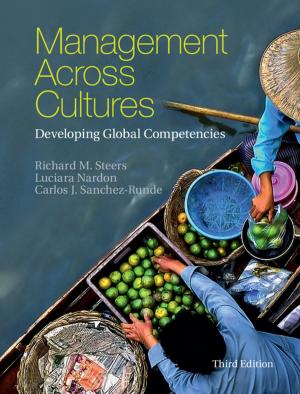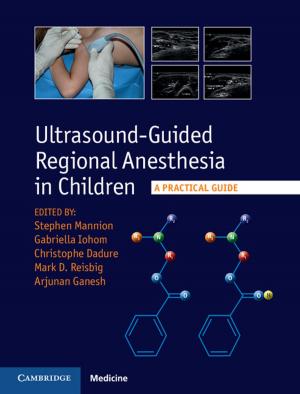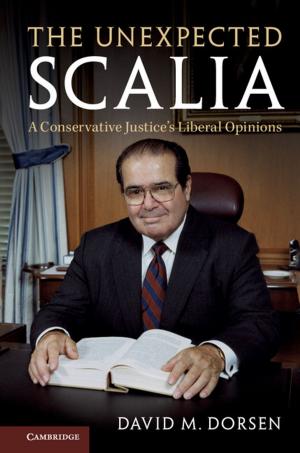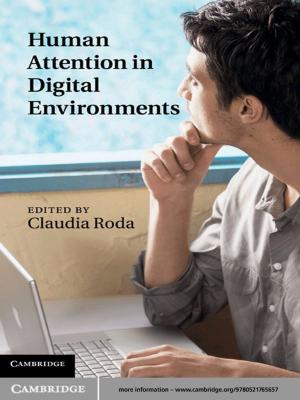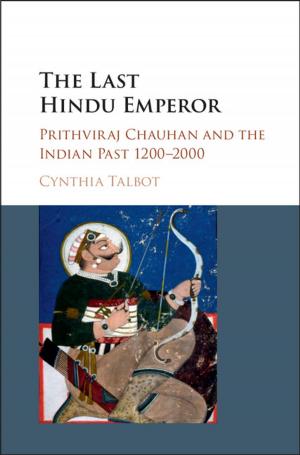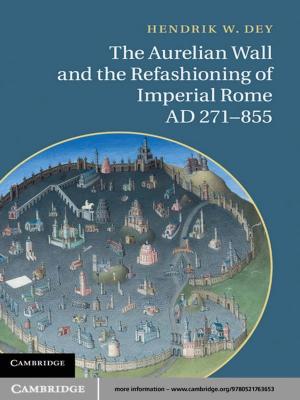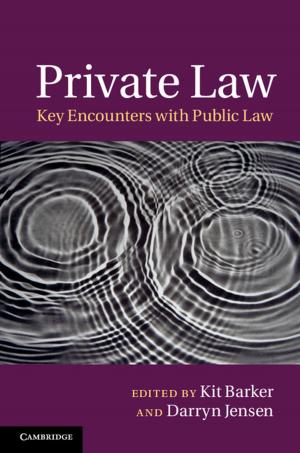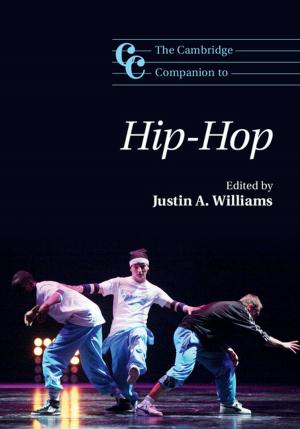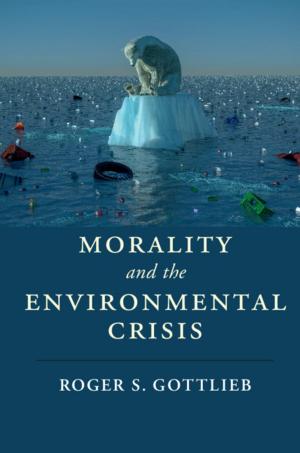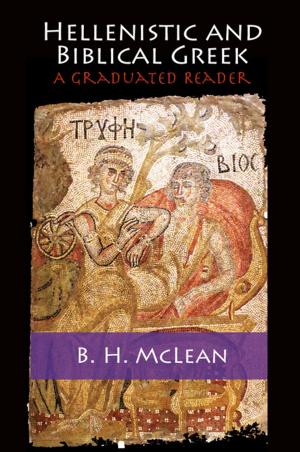| Author: | Kenneth Seeskin | ISBN: | 9781139816908 |
| Publisher: | Cambridge University Press | Publication: | September 12, 2005 |
| Imprint: | Cambridge University Press | Language: | English |
| Author: | Kenneth Seeskin |
| ISBN: | 9781139816908 |
| Publisher: | Cambridge University Press |
| Publication: | September 12, 2005 |
| Imprint: | Cambridge University Press |
| Language: | English |
One aim of this series is to dispel the intimidation readers feel when faced with the work of difficult and challenging thinkers. Moses ben Maimon, also known as Maimonides (1138–1204), represents the high point of Jewish rationalism in the middle ages. He played a pivotal role in the transition of philosophy from the Islamic East to the Christian West. His greatest philosophical work, The Guide of the Perplexed, had a decisive impact on all subsequent Jewish thought and is still the subject of intense scholarly debate. An enigmatic figure, Maimonides continues to defy simple attempts at classification. The twelve essays in this volume offer a lucid and comprehensive treatment of his life and thought. They cover the sources on which Maimonides drew, his contributions to philosophy, theology, jurisprudence, and Bible commentary, as well as his esoteric writing style and influence on later thinkers.
One aim of this series is to dispel the intimidation readers feel when faced with the work of difficult and challenging thinkers. Moses ben Maimon, also known as Maimonides (1138–1204), represents the high point of Jewish rationalism in the middle ages. He played a pivotal role in the transition of philosophy from the Islamic East to the Christian West. His greatest philosophical work, The Guide of the Perplexed, had a decisive impact on all subsequent Jewish thought and is still the subject of intense scholarly debate. An enigmatic figure, Maimonides continues to defy simple attempts at classification. The twelve essays in this volume offer a lucid and comprehensive treatment of his life and thought. They cover the sources on which Maimonides drew, his contributions to philosophy, theology, jurisprudence, and Bible commentary, as well as his esoteric writing style and influence on later thinkers.
